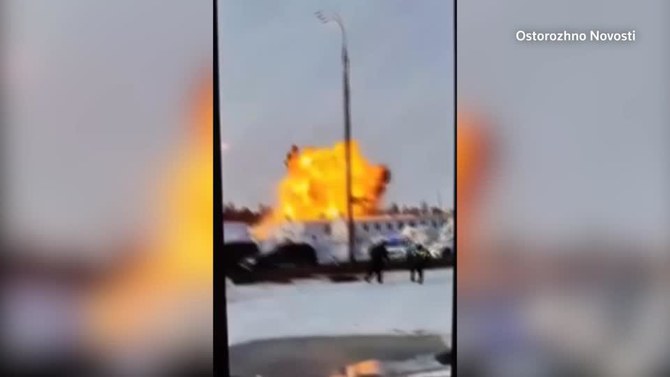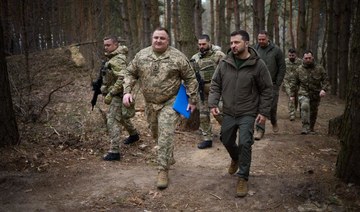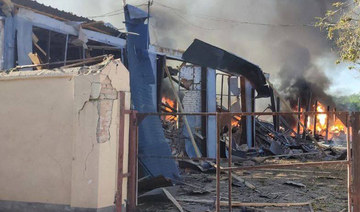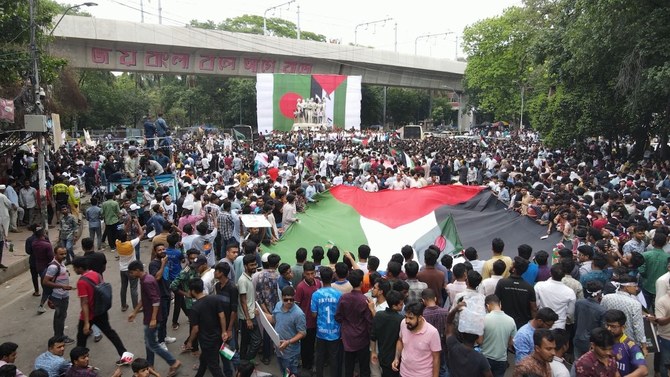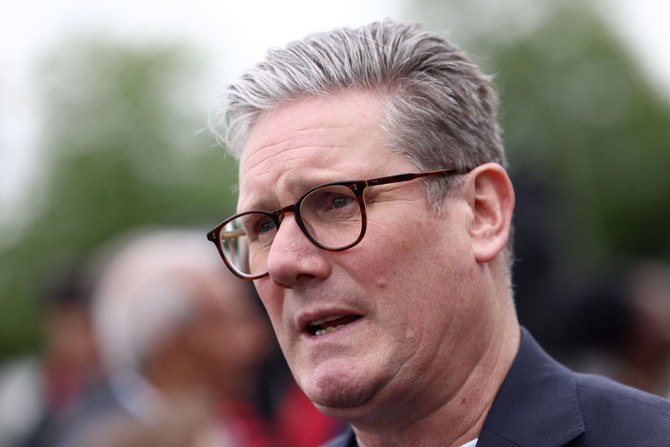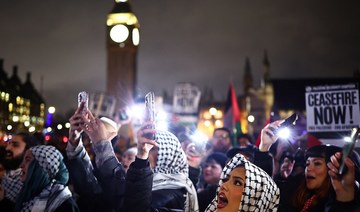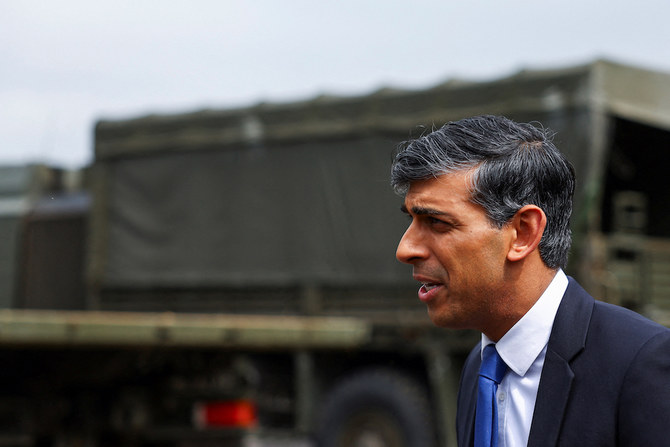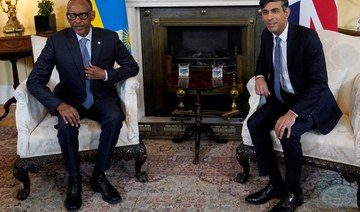MOSCOW: A Ukrainian drone struck Russia’s third largest oil refinery on Tuesday about 1,300 km (800 miles) from the front lines, hitting a unit that processes about 155,000 barrels of crude per day though an industry source said the damage was not significant.
Russian officials said its jamming devices locked onto a Ukrainian drone near Tatneft’s Taneco refinery, which has an annual production capacity of more than 17 million tons (340,000 barrels per day).
Pictures from the scene indicated the drone hit the primary refining unit, CDU-7, at the refinery, though the drone appears to have not done serious damage.
An industry source who spoke to Reuters on condition of anonymity said the damage to the unit was not critical while the personnel was returning to the plant.
A fire broke out at the refinery but was extinguished within 20 minutes, the state news agency RIA said, adding that output had not been disrupted.
Ramil Mullin, the mayor of Nizhnekamsk in the Tatarstan region southeast of Moscow where the refinery is located, said there had been no serious damage done.
The unit that was hit accounts for around a half of the plant’s total annual production capacity. The refinery accounts for about 6.2 percent of Russia’s refining capacity.
A military intelligence source in Ukraine, which has been at war with Russia since Moscow began a full-scale invasion of its neighbor two years ago, said in Kyiv that the primary Taneco refining unit had been hit, causing a fire. The source said the aim of the strike was to reduce Russia’s oil revenue.
Another Ukrainian intelligence source said Ukrainian-made drones also hit a Russian plant producing long-range “Shahed” attack drones, causing “significant damage.”
Tuesday’s attack was one of several in Tatarstan, a highly industrialized region, in the early hours of Tuesday. The Washington Post reported last year that Russia was mass-producing drones at a plant in Tatarstan.
RUSSIAN OIL REVENUE TARGETED
Ukraine has in recent months begun attacking the oil refineries of Russia, the world’s second largest oil exporter, impacting Moscow’s highly lucrative trade in refined products, amid extensive Russian missile strikes on Ukraine’s energy grid.
According to Reuters calculations, around 14 percent of Russia’s refining capacity has been shut down by drone attacks. There is more demand for refined oil products than for Russian crude.
The attacks on Russian refineries — many deep inside the world’s largest country — have raised concern in Washington about the potential for escalation with Russia, which is the world’s largest nuclear power.
Ukraine says its drone attacks on Russia are justified because it says it is fighting for survival and has suffered widespread damage from to its infrastructure, including power plants, from Russian air strikes.
Ukraine, which says it has been attacked by more than 4,630 Russian long-range Shahed drones during the 25-month-old war, regards its own drone production push as a way to hit back at a much better armed and larger enemy.
When asked if Russia thought the United States was involved in the attacks on Russian refineries, the Kremlin said the question was better addressed to the defense ministry and security services.
“The Kyiv regime continues its terrorist activity,” Kremlin spokesman Dmitry Peskov said. “We and our military are primarily working to minimize this threat, and subsequently to eliminate it.”
DRONE BATTLE
Since President Vladimir Putin sent tens of thousands of troops into Ukraine in 2022, drones have played a big part in the war — either as “kamikaze” attackers or as eyes in the sky that guide in other weaponry to kill soldiers or destroy equipment.
Ukraine has carried out a series of high-profile attacks deep inside Russia meant to either undermine Russia’s war machine or, as with a 2023 drone strike on the Kremlin, bring the reality of war to the very heart of Russia.
A powerful ally of Putin said on Tuesday that NATO was essentially fighting Russia in Ukraine and that the US-led military alliance had helped organize strikes on sovereign Russian territory.
Ukrainian sources say Kyiv alone is responsible for the planning and execution of the drone attacks inside Russia. The United States has repeatedly said that it does not support Ukrainian strikes inside Russia.
Tuesday’s attacks also hit enterprises in Yelabuga and Nizhnekamsk and some people were injured, Tatarstan’s regional governor Rustam Minnikhanov said.
Two drones struck a dormitory on the territory of the Alabuga Special Economic Zone and at least seven people were injured, Russian media reported.



